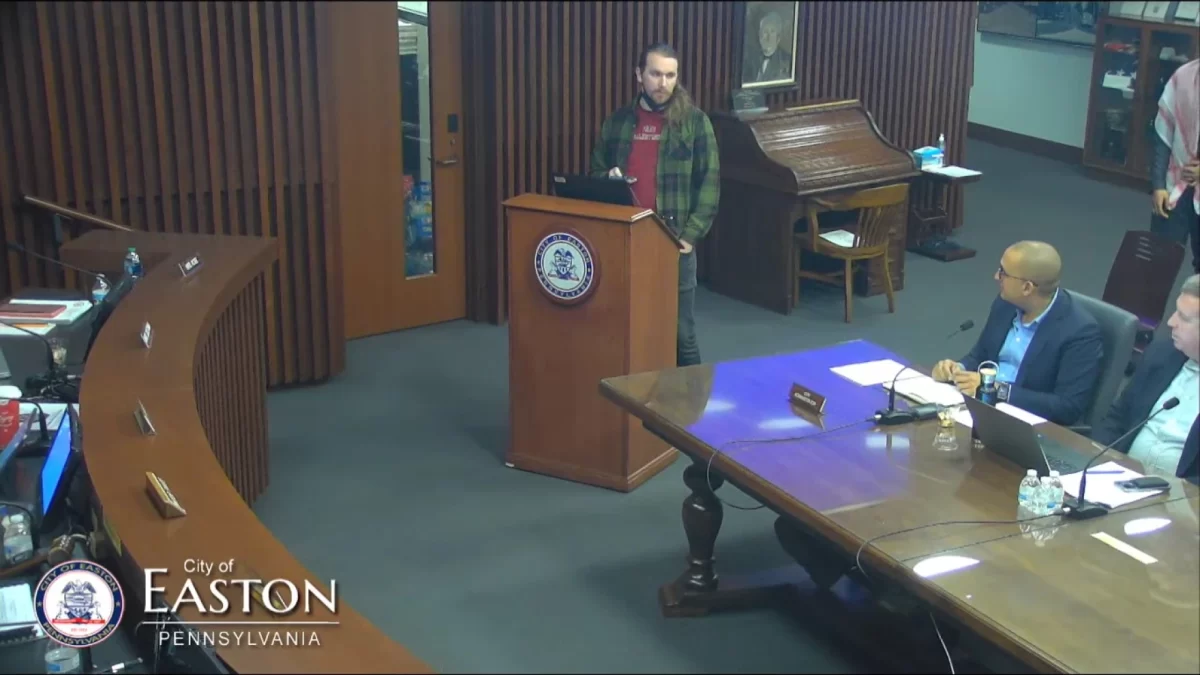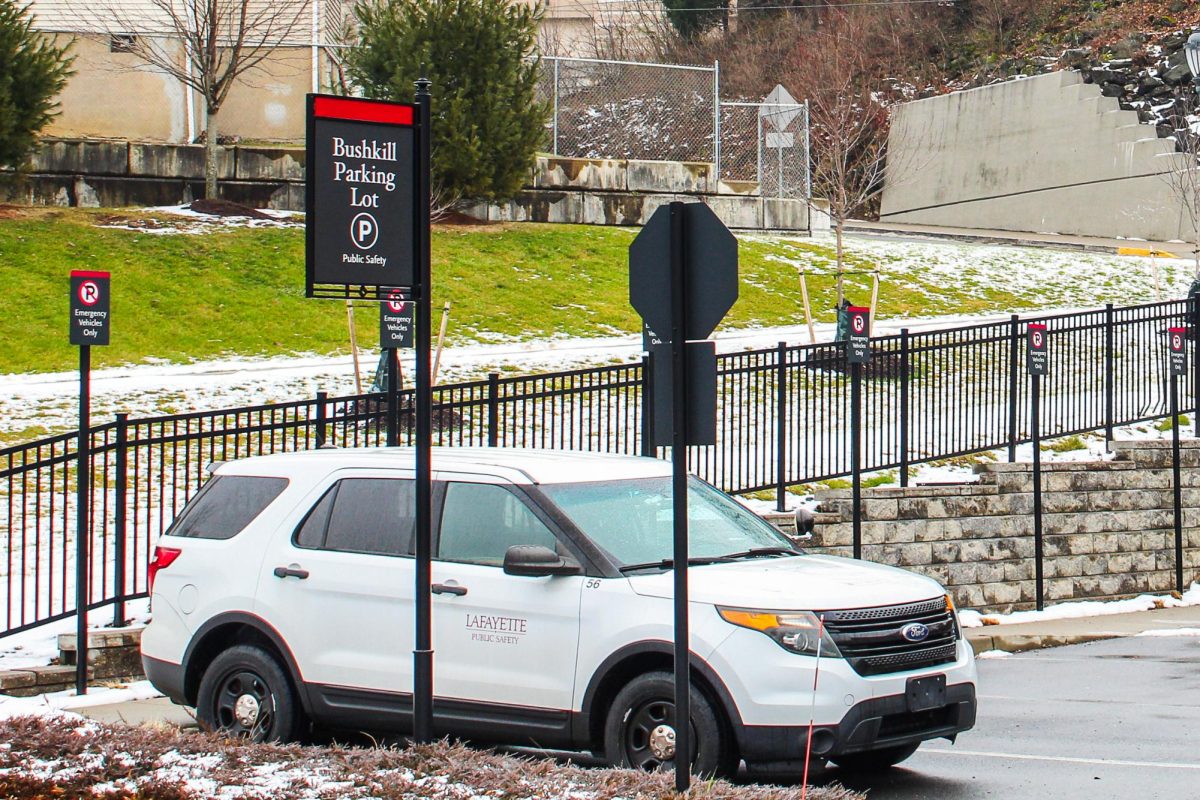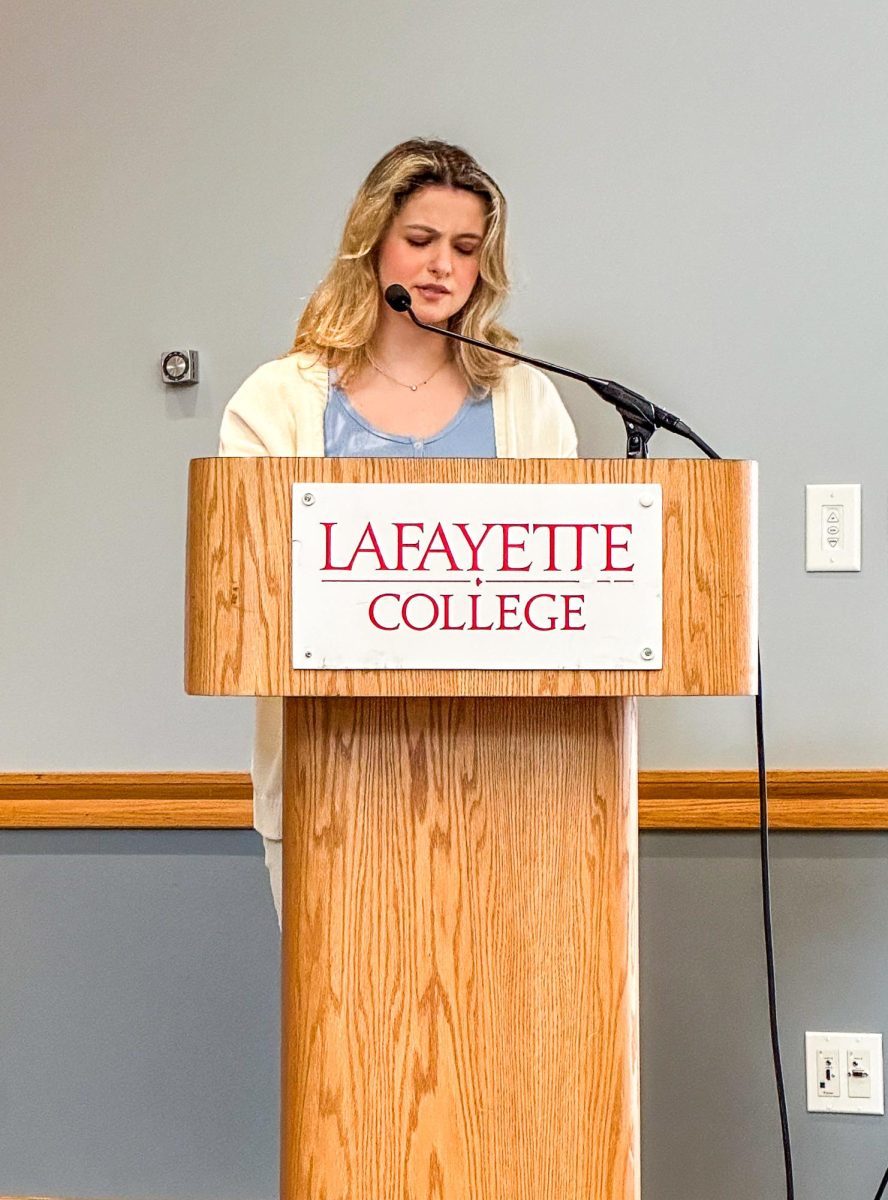Raymond Machira ‘15
Contributing Writer
On the morning of April 2, armed terrorists stormed Garissa University and proceeded to lay to waste 147 young lives. This was a tragedy of monumental proportions to their families, friends and the whole nation of Kenya.
Watching these events was difficult for the Kenyans on campus. Most of the dead were college students, like ourselves, worried about grades, relationships and cool beats. I could have been there that day, and it would’ve been my family mourning. There was nothing in my past that entitled me to be here and not at Garissa University that morning.
Two students in particular haunt me as I write this. There is Jeff Macharia, a business information sciences student. Jeff’s father, James Macharia, shares my father’s first and last name. The elder Macharia, a handiman, hails from Othaya, like I do. Jeff was 19 years old.
“After we had him, we were advised by the doctor not to try for another child,” said Mr. Macharia to CitizenTV. He borrowed against his tea harvest to raise his son’s school fees. “He was all I had.“
The Nairobi Wire reported that moments before she was murdered, Janet Akinyi texted her boyfriend. “Baby, they’re here. Everyone in Nancy’s room has been shot. Please pray for us. They’re coming here. We’re next.” she wrote. “Bye, baby and pray for us. Mily is here. May God help us!”.
We can talk about why world leaders won’t be marching the streets of Nairobi hand in hand, like they did in Paris. Or even whether they should. But I will provide context for this event and suggest what we can do about it.
The terrorists responsible for the mass murder is an Al-Qaeda affiliate called al-Shabaab, based in Somalia. For about three decades now, that country has known little peace. A brief calm ended in 2006 with a US supported invasion by Ethiopia. The al-Shabaab are the remnants from then, and they believe they fight to defend Islam. They’ve attracted recruits and funds from all over the world.
Several al-Shabaab leaders have been killed by US strikes. After each successful strike, younger leaders emerge, eager and more gruesome. The secrecy of these targeted killings make it hard to investigate their legality or efficacy. The bitter truth is that few
Americans care anyway.
Kenya remained uninvolved in Somali politics until 2011 when, after a series of kidnappings in territory bordering Somalia, Kenyan troops crossed into Somalia. The Garissa attack was in retaliation for that involvement. The terrorists goaded the students before killing them; asking them to call their parents and tell them to ask the government to withdraw from Somalia.
Kenya now finds itself in a difficult position. Withdrawing from Somalia won’t stop the attacks.
Moreover, the country’s weak law enforcement systems are poorly equipped to deal with targeted and planned malevolence. As a vibrant democracy, the government’s hand is restrained by law, diminishing the options available to it.
This attack was not about education; the university merely proved an easy target. Undoubtedly, Kenyans will keep enrolling their children in higher numbers. Ultimately, and hopefully soon, the Kenyan public will demand more from their own political system. There are signs this is already beginning. This attack, and the Westgate Mall attack before it, was dissected and discussed to exhaustion. Despite lack of government support, Kenyans have independently and successfully organized silent marches all over the country.
So what can we do when such things happen? For the religious, I urge prayer for the families of the bereaved. Pray also for the leaders of the country and the world, that they may be clear headed in their decisions.
Most people reading this are citizens of the most powerful country on Earth. I urge you to contemplate the privilege and obligation this encompasses. Inform yourself about the issues. Understand that your actions, or inaction do have real and sometimes tragic consequences thousands of miles away. Above all, don’t be indifferent, don’t look away.
Word limits make a logical articles sound like someone hiccuped them into being. You can read a more detailed version on raymondmachira.wordpress.com.








































































































